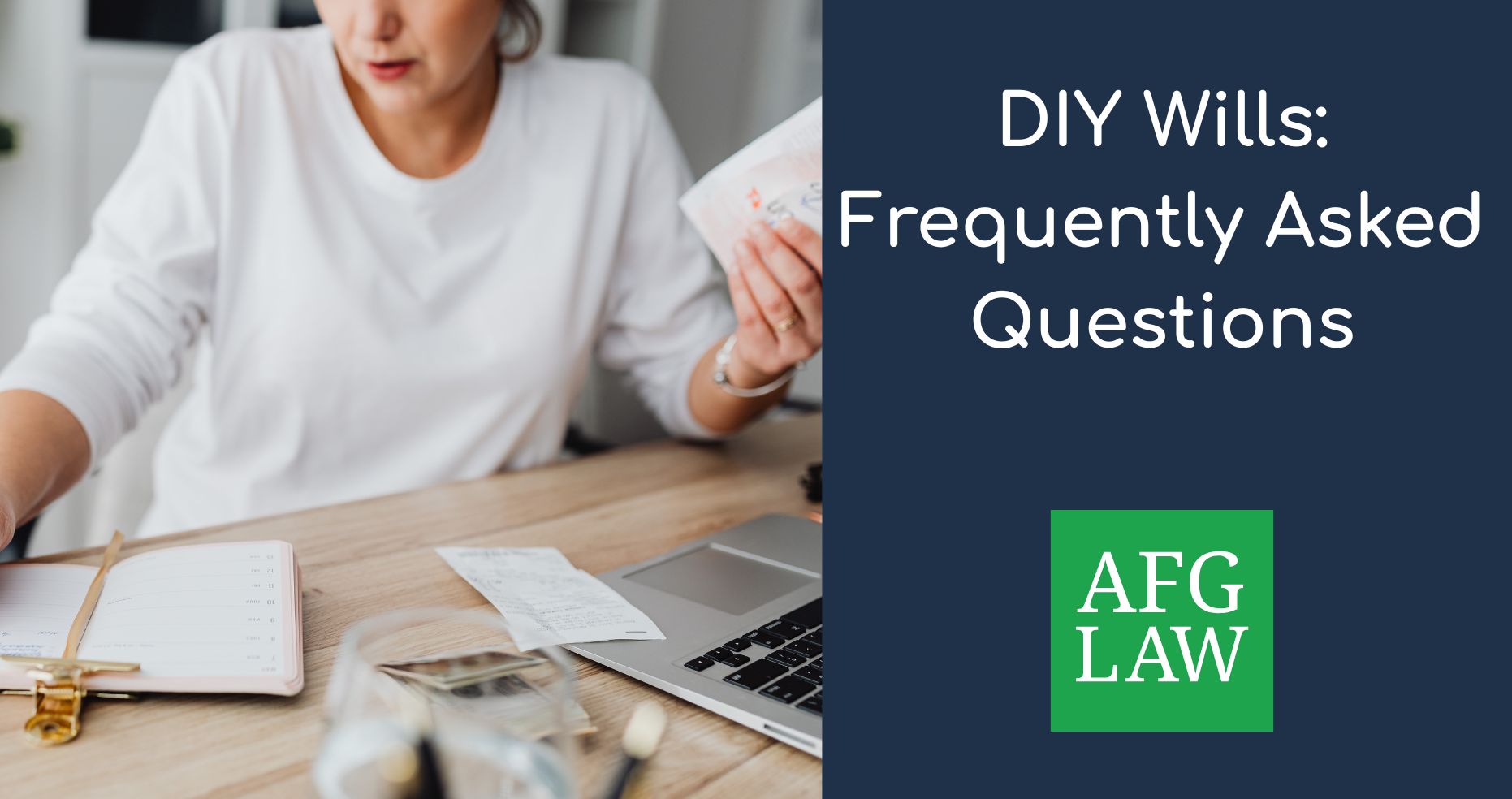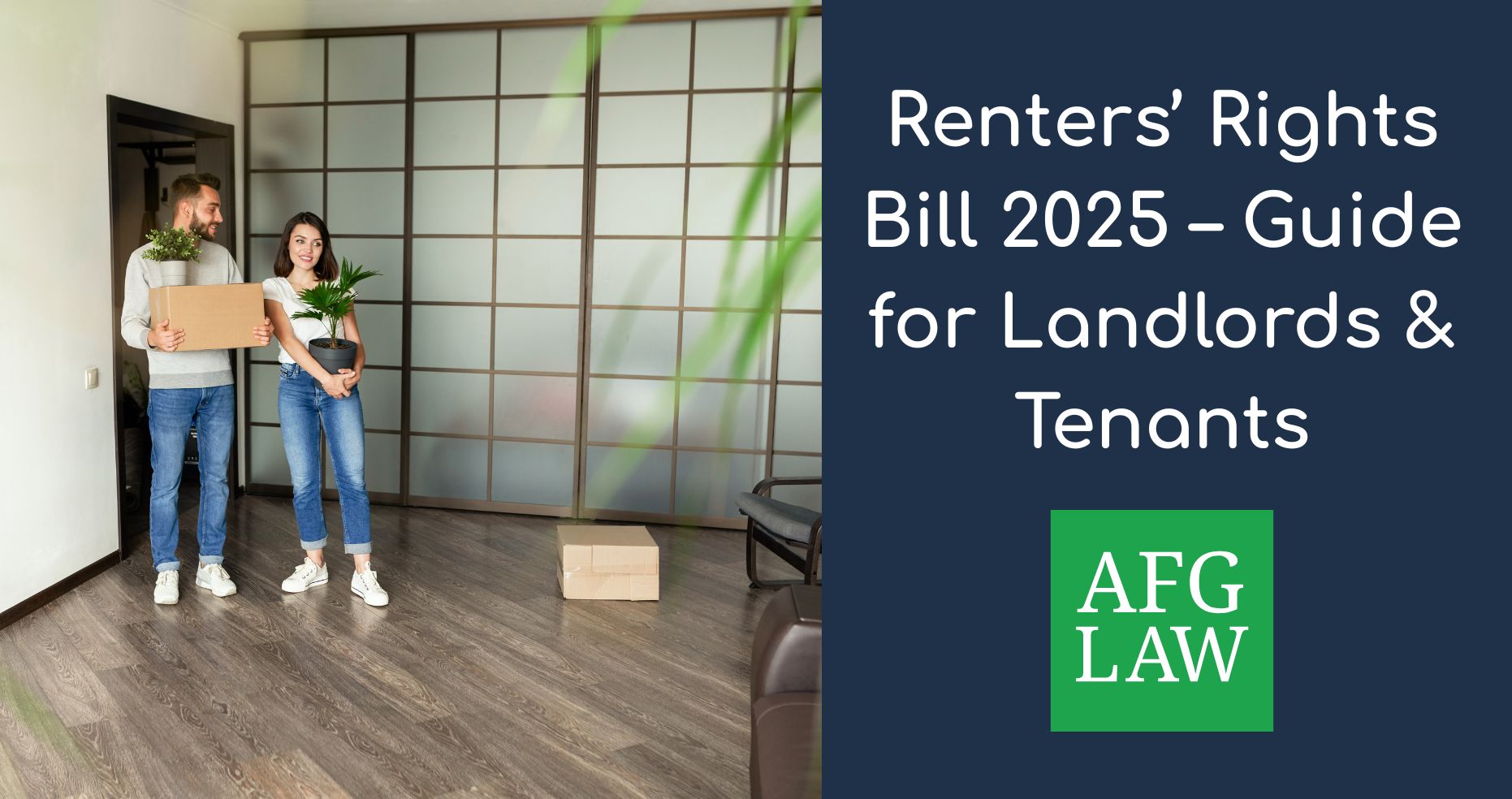In a property sale, especially when future development is anticipated, it is common for sellers to include an overage clause within the contract or have a separate overage agreement. Overage, also known as an uplift or clawback clause, entitles the seller to receive an additional payment if the value of the property or land increases after the sale due to a specified event, such as obtaining planning permission or the start of property development. It is a common way for sellers to retain the benefit of an increase in the value of the property where there is a likelihood of an increase in that value in the future.
Overage agreements are also often used in the sale of agricultural land, brownfield sites, or land with development potential. They are particularly relevant in situations where the purchase price does not reflect the true long-term value of the land. The agreement essentially protects the seller’s interests and ensures they can benefit from future profits that may result from development.
Why use an overage agreement?
Overage agreements offer advantages for both parties in a property transaction:
- For sellers: They allow the seller to benefit immediately from the initial sale proceeds from property and from the increase in land value if the buyer later secures planning permission or develops the site. This is particularly important where land is sold at a price that reflects its current use, but may be developed in the future.
- For buyers: Buyers may negotiate a lower upfront purchase price with the understanding that they will pay more later if certain conditions are met. This can make the initial property transaction more affordable and manageable.
What types of land or property sales involve overage?
Overage agreements are commonly used in sales of:
- Agricultural land that may be re-zoned or developed in future
- Land with expired or lapsed planning permission but with a reasonable prospect of obtaining a fresh planning permission
- Large plots suitable for residential or commercial property development
- Urban fringe properties subject to regeneration projects
What triggers an overage payment?
Whilst there are common terms for an overage agreement, the contents of each agreement are subject to the agreement of the parties. They can be heavily negotiated. The trigger event for payment of overage should be clearly and precisely defined within the agreement. Ambiguity can lead to disputes over whether an event qualifies or when payment is due. The most common overage payment triggers include:
- The grant of planning permission for residential or commercial development
- Implementation or commencement of building works
- A property sale or disposal of the land after obtaining planning
- Change of use under permitted development rights
How long does an overage agreement last?
Overage agreements typically last between 5 and 30 years, with many agreements averaging between 10 to 20 years. The timeframe should reflect the likely period within which future development or planning activity could realistically occur. A buyer will wish to limit the time period to as short a time as possible but a seller will wish to impose the obligations for as long as possible. For example, if a buyer is acquiring land for long-term development, or if multiple planning stages are involved, the clause might last up to 25–30 years. On the other hand, smaller development plots may require only a 5–10 year term
Overage can affect a buyer’s ability to obtain mortgage funding so it is important to consider this when agreeing the term of an overage agreement.
How is overage calculated?
The method used to calculate overage will depend on the specific terms of the agreement and is subject to negotiation for each transaction, but the most common approaches are:
- Percentage of uplift: The seller receives a percentage (e.g. 20–30%) of the increase in value that results from the trigger event. This is usually calculated by comparing the original purchase price with the new market value of the land after development or planning consent is granted.
- Fixed sum: The buyer agrees to pay a predetermined amount once the trigger occurs, regardless of market value.
- Hybrid model: Some overage agreements use a combination of fixed and percentage-based structures, or include caps and minimum thresholds to manage the financial risk to the buyer.
Overage agreements may also include deductions for costs such as planning fees, infrastructure investment, or legal expenses before calculating the uplift.
Can an overage be removed or terminated early?
Yes, overage can be terminated, but it usually requires the mutual agreement of the parties or the expiration of the overage term. Common ways to terminate it include:
- Negotiated buy-out: The buyer pays a lump sum to the seller to release the overage obligation.
- Expiry of term: The clause expires naturally after the agreed period if no trigger occurs.
- The trigger event has occurred: in some cases overage is payable once, if the trigger event has occurred then a payment will be made and any further obligations to pay an overage payment cease
- Formal deed of release: Both parties agree to terminate the overage agreement, often where the value increase has already been realised or is no longer likely.
Importantly, if the overage agreement is registered on the title of the property or land, proper legal steps must be taken to formally remove it otherwise it may delay a future sale.
How is an overage agreement secured?
To ensure enforceability, an overage agreement should be registered against the land registry title that is affected by the overage. This can be done through:
- A restriction on the title at HM Land Registry, preventing sale or development without satisfying overage obligations
- A legal charge, giving the seller security similar to a mortgage
- A deed of covenant, requiring future owners to comply with the overage terms
These measures help ensure that the seller’s interest is protected even if the land is sold on to a third party.
Drafting an overage agreement
Overage clauses are complex and often the subject of disputes if not carefully drafted. It is important to consider the specific drafting and the implications of it. The use of a solicitor to assist in the process is highly advisable. The agreement must be clear on:
- What events trigger payment
- How to calculate overage
- When payment is due and how many payments may be due
- What deductions are allowed
- The duration of the obligation
- The methods of enforcing the agreement
Obtaining expert legal advice and assistance from commercial property solicitors is crucial. For a seller, poorly worded or unenforceable clauses can lead to missed opportunities, costly litigation, or undervalued land sales. For a buyer, a badly drafted agreement can affect both their ability to get mortgage funding and may prevent onward sales of the property until the agreement has expired.
Risks and challenges
Overage agreements provide flexibility but also carry potential risks:
- Ambiguity around trigger events can cause disputes
- Market changes may affect land values, complicating valuation
- Development delays could mean the seller never receives payment
- Future buyers may be deterred by overage obligations leading to difficulties in selling the land
- Mortgage funding and onward sales may be restricted
Proper drafting and due diligence help reduce these risks. Parties should also consider the tax implications of overage payments and seek appropriate financial advice where necessary.
How AFG Law can help
At AFG Law, our experienced commercial property solicitors advise both buyers and sellers on drafting, negotiating, and securing overage agreements that are clear, enforceable, and aligned with your commercial objectives.
We can help you understand your options, calculate overage , and safeguard your interests throughout the transaction.
Get in touch today to discuss how we can support your next property sale or purchase involving an overage clause.
Please call us or drop us an email at commercialpropertyenquiries@afglaw.co.uk to discuss your matter in more detail.









